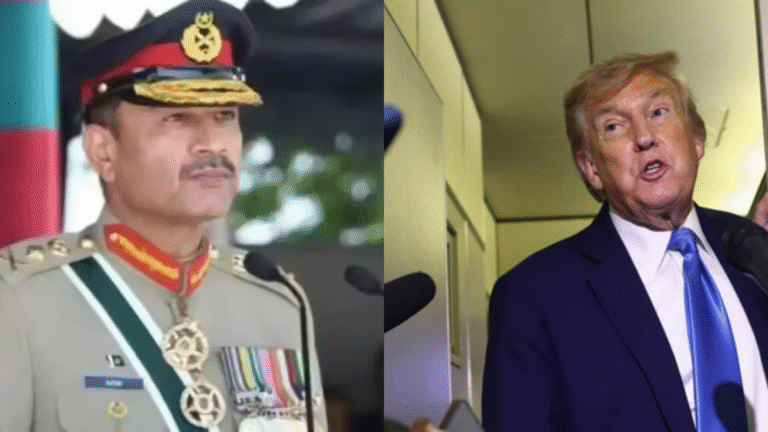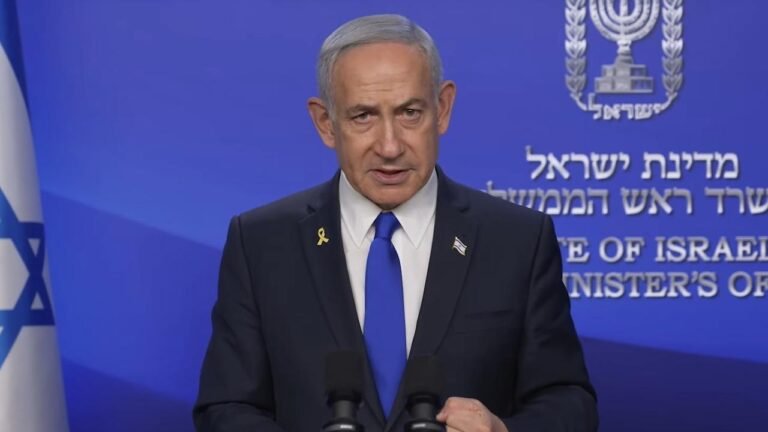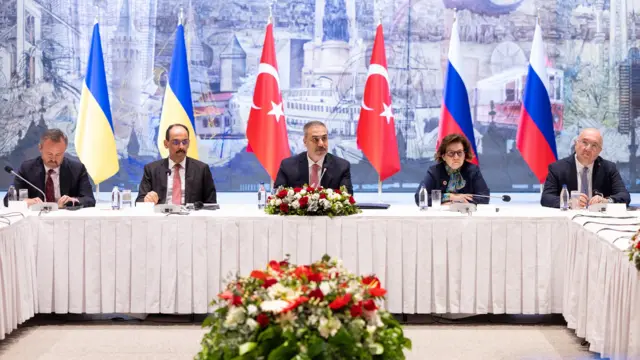
April 17, 2025, North Korea:
The U.S. flyover, which coincided with the 113th birth anniversary of North Korea’s founder Kim Il Sung, known domestically as the “Day of the Sun,” was part of a broader training exercise with South Korean forces. South Korean F-35 and F-16 jets, along with American F-16s, participated in the drill, which aimed to enhance joint operational readiness. The timing of the exercise is seen as especially provocative by North Korea, which has historically reacted strongly to perceived military threats on key national holidays.
A spokesperson from North Korea’s Defense Ministry, in a statement released by state media, called the drills “an open threat to the security of our state and a grave provocation that raises the military tension in the region to an extreme dangerous level.” The official warned that the U.S. would “inevitably” suffer consequences and vowed that Pyongyang would respond with “powerful force” to deter what it described as an aggressive U.S. strategy to embed instability in the region.
The United States and South Korea, however, have defended the joint drills as necessary amid North Korea’s continued weapons testing and modernization of its nuclear arsenal. The South Korean Air Force also announced the commencement of its biannual “Freedom Flag” exercises, which will span two weeks and involve 90 aircraft and various defense assets.
Thursday’s developments mark the second time in recent months that B-1B bombers have been deployed under the administration of President Donald Trump during his second term. The last flyover in February also drew harsh condemnation from Pyongyang, which responded with a series of cruise missile tests. Trump, however, has consistently emphasized his rapport with North Korean leader Kim Jong Un. Last month, the former and current president described Kim as “a very smart guy” and reiterated that “there is communication” between the two leaders, although North Korea has not officially acknowledged any ongoing diplomatic contact.
Despite Trump’s overtures, North Korea continues to bolster its military capabilities and deepen ties with Russia by reportedly supplying weapons and troops to support the war in Ukraine. Meanwhile, Kim Yo Jong, the influential sister of Kim Jong Un, recently dismissed any hope of denuclearisation, branding the U.S.-led initiative a “daydream.” Her remarks followed a trilateral meeting between the U.S., South Korea, and Japan aimed at reviving stalled disarmament talks.
With military drills intensifying and rhetoric hardening on both sides, observers warn that the risk of miscalculation remains high. Pyongyang’s threat of retaliation, combined with its track record of missile launches in response to U.S. actions, underscores the fragility of peace on the Korean Peninsula.
As the situation develops, the international community continues to watch with concern, urging all parties to de-escalate and return to diplomacy.




